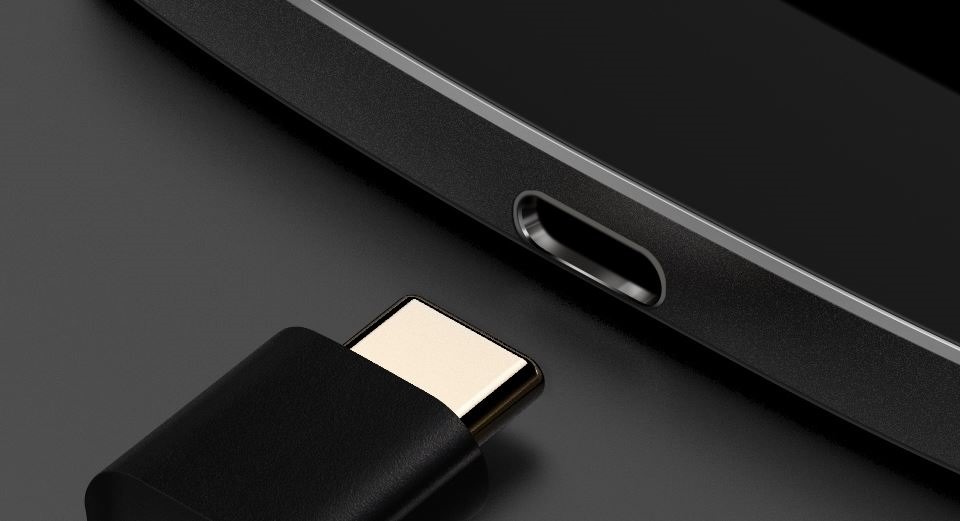Every Smartphone In Europe Should Have USB-Type C As Per Govt Mandate; Apple In Trouble?

The European Commission has ordered Apple to change the connector to a single charging port on iPhones sold in Europe by 2024.
“By autumn 2024, USB Type-C will become the common charging port for all mobile phones, tablets and cameras in the EU,” the European Parliament said in a statement.
The European Commission said that the rule would make life easier for consumers and save them money.
Contents
Deal Benefits
EU industry chief Thierry Breton said the deal would save about 250 million euros ($267 million) for consumers.
“It will also allow new technologies, such as wireless charging, to emerge and to mature without letting innovation become a source of market fragmentation and consumer inconvenience,” he said.
Consumer Complaints
Brussels has been pushing for a single mobile charging port for more than a decade after complaints from iPhone and Android users about having to switch to different chargers for their devices.
iPhones are charged from a Lightning cable, while Android-based devices use USB-C connectors.
Opportunity For Apple
Despite this setback, Apple’s shares were up 0.9% in morning trade in New York.
It could also generate more sales in 2024, encouraging more Europeans to buy the latest gadgets instead of ones without USB-C.
Consumers could be enticed into upgrading to a new phone sooner.
Apple is already working on an iPhone with a USB-C charging port that could debut next year, Bloomberg reported last month.
Other Devices Covered
The deal covers not only phones and laptops but also e-readers, earbuds and other technologies.
This would have an impact on Samsung , Huawei and other device makers, analysts said.
“We are proud that laptops, e-readers, earbuds, keyboards, computer mice and portable navigation devices are also included,” said lawmaker Alex Agius Saliba, who steered the debate at the European Parliament

Comments are closed, but trackbacks and pingbacks are open.